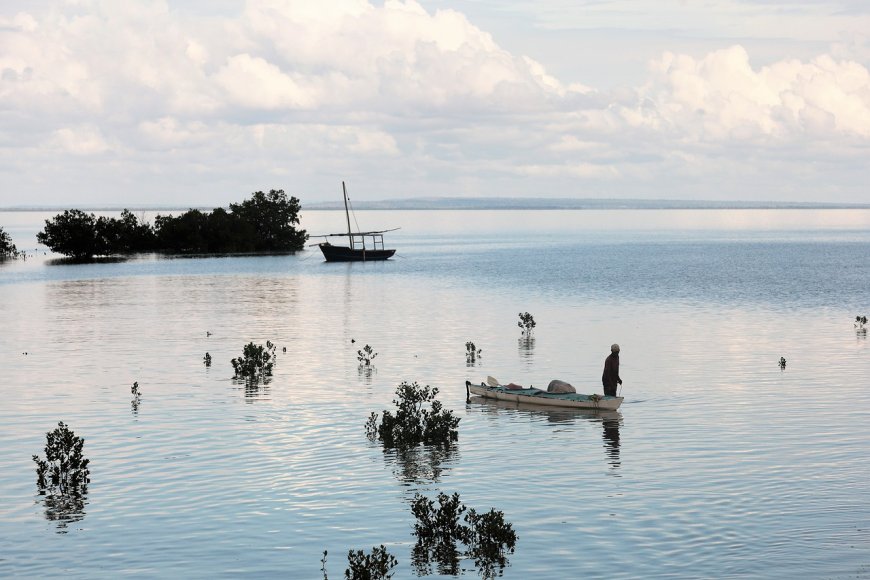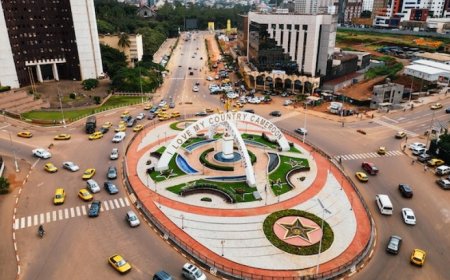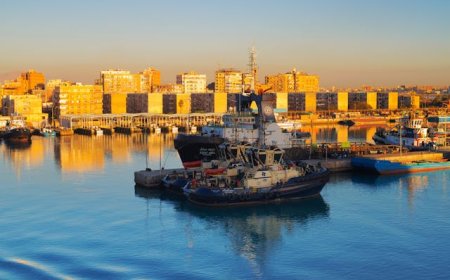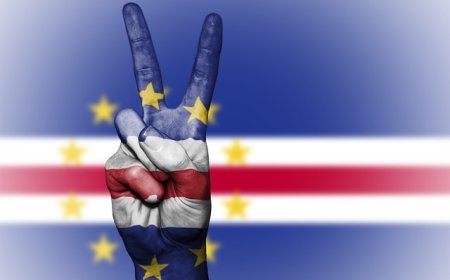Synopsis
Digital disaster and climate risk management in Mozambique holds immense potential for bolstering the country's resilience in the face of increasing climate-related challenges. With its vulnerability to cyclones, flooding, and droughts, Mozambique can benefit significantly from advanced technologies like remote sensing, satellite imagery, and data analytics to monitor and predict natural disasters. These digital tools enable early warning systems and efficient disaster response, helping save lives and mitigate economic losses. Additionally, leveraging digital platforms for climate adaptation strategies, such as crop modeling and water resource management, can empower local communities and authorities to make informed decisions. As Mozambique continues to grapple with climate change impacts, digital solutions offer a promising pathway to enhance preparedness and minimize the devastating effects of environmental disasters.
Listen
Guests
Filipe Mate is a geographer and an environmental researcher with the Eduardo Mondlane University in Maputo. He is a prolific analyst in the field of disaster risks and climate change. Filipe completed a Masters in Risk Management from Durham University in 2021, with a dissertation focusing on the preparedness in Beria before Cyclone Idai hit in 2019.
Tomás Queface is a researcher and security expert. He is currently a consultant with ACLED - a renowned global conflict data gathering project. Tomás helps monitor the ACLED project - Cabo Ligado, a Mozambique conflict observatory providing cutting edge, real time data and data analysis on political violence in the country.
Luis Nhachote is a journalist and researcher covering Mozambique. He is a board member of the Forum for African Investigative Reporters and is the founder of investigative platform Centro de Jornalismo Investigativo.
Further readings
https://www.preventionweb.net/news/fair-winds-climate-forecasts-mozambique




